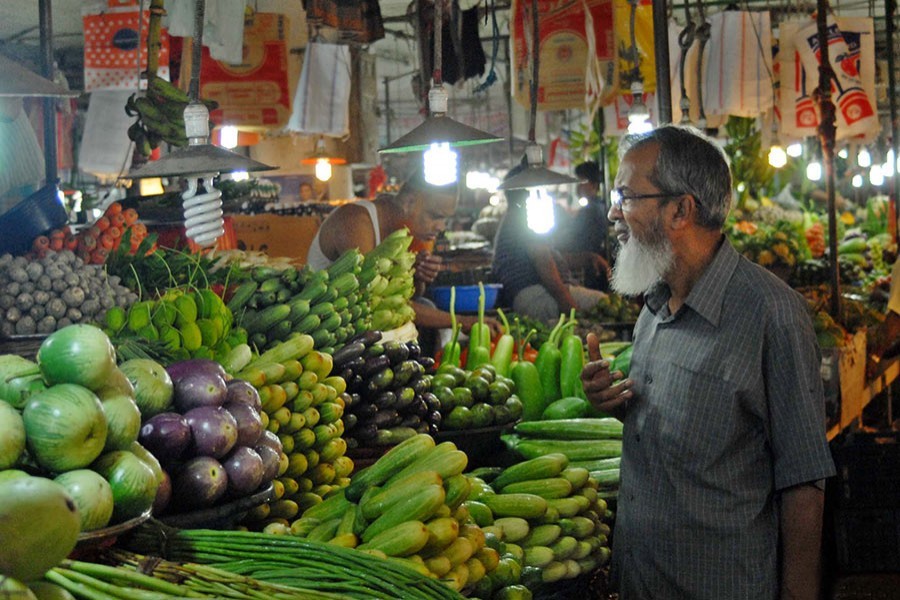Govt bars import loans for luxury goods to rein in trade deficit

Published :
Updated :

Banks have been instructed not to offer any credit facility for the import of luxury goods, including fruit, cars and electronics, in a bid to ease pressure on foreign currency reserves as Bangladesh's trade deficit widened to a record high, bdnews24.com reports.
The cash margin for the import of non-essential goods has also been raised from 50 per cent to 75 per cent.
Bangladesh Bank announced the new measures on Monday as part of the effort to consolidate the country's monetary and debt management against the backdrop of a volatile global economy.
Earlier, banks could even open LCs at zero margin based on their relationship with customers. But importers will now have to make a full deposit before opening letters of credit for goods such as cars, furniture, cosmetics and other luxury items.
Bangladesh Bank spokesman Serajul Islam had previously hinted at such measures to tackle a rising deficit.
"Bangladesh Bank is considering the possibility of imposing 100 per cent cash margin on some more products to reduce the trade deficit," he said.
The products listed under the 100 per cent cash margin category also include gold and other precious metals, readymade garments, leather and jute products, fruits and flowers, non-grain food products, and processed food and beverages.
On May 10, the central bank had imposed a 75 per cent cash margin on these products, up from 50 per cent.
In light of the ongoing global economic instability spurred by the long-term effects of the COVID-19 pandemic and the protracted conflict in Ukraine, the rescheduling of cash margins for imports will help strengthen the country's currency and debt management, the central bank said.
Meanwhile, a 75 per cent cash margin has been imposed for the import of all commodities, except essentials.
However, a minimum margin has not been set for imports of baby food, essential food products, fuel, lifesaving medicines and medical equipment, capital machinery and raw material for industries, agricultural products and products needed for government projects.


 For all latest news, follow The Financial Express Google News channel.
For all latest news, follow The Financial Express Google News channel.